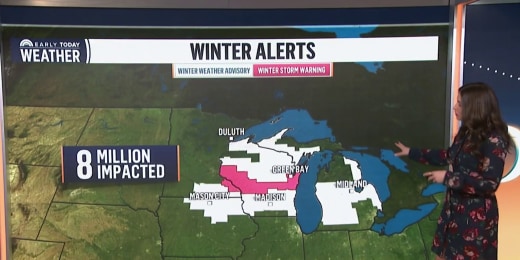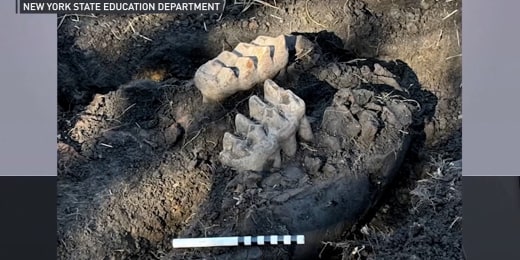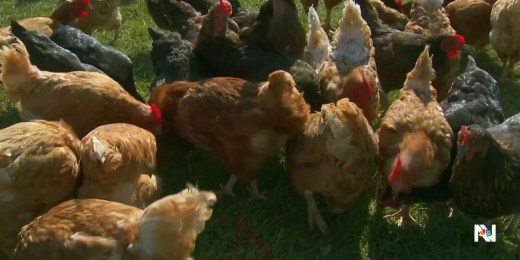Georgia is lifting its moratorium on new water wells for farms in parts of southwest Georgia for the first time in over a decade.
The moratorium was first instituted for farmers in parts of Southwest Georgia around Albany in 2012 during an extreme drought and rising tensions in the disputes over water among Florida, Georgia and Alabama.
The conflict, known as the “tri-state water wars,” escalated a year later in 2013 when Florida sued Georgia in federal court claiming the state was using too much water from the Chattahoochee and Flint rivers and negatively impacting Florida, including its Apalachicola Bay oyster fishery.
On the farm
Murray Campbell is a farmer in Mitchell County, nowadays growing peanuts and cotton, and has been farming in the area long before the moratorium.
He said for longtime farmers in the area, the most direct impacts hit right at home.
“It created an issue for people thinking about expansion, you know, being able to bring in other family members into a long-term family farming operation,” Campbell said.
The wells in question are used for irrigation — Campbell said it’s critical for farms, and without more irrigation one can’t really expand their fields.
He has an irrigation well on his property. People who already had wells were still able to use them, and the ban only referred to digging new wells.
He said at first, the measure wasn’t popular in the farming community — but it ended up being a good idea.
“We are most effectively using the water as efficiently as possible,” Campbell said.
Campbell isn’t only a farmer. He’s also the chair of the lower Flint-Ochlockonee Water Council and a committee working on a habitat conservation program for the Georgia Flow Incentive Trust, which focuses on Flint River watershed farmers doing better at efficiently using water.
He said there was a time when Georgia didn’t require any permits at all for digging agricultural wells … but the state has since implemented new rules and technologies — like smart irrigation systems, soil moisture sensors and more.
“I think [the moratorium] very much has given us a lot of the scientific data that we have now to make the decisions that we’re making going forward,” Campbell said.
He said these technological advances are also good for accountability headed into these new permits. Campbell said all the new well permits require the wells have telemetry, which automatically collects, transmits and measures data, meaning the state has an automated way of recording water usage.
Which according to experts, was very much needed.
Water law
Georgia State University law professor Ryan Rowberry specializes in water law. Before he was in Georgia, Rowberry worked in Washington, D.C. as a lawyer aiding Florida during the water wars.
Rowberry said that while the U.S. Supreme Court did eventually rule in Georgia’s favor in 2021, it wasn’t without scolding Georgia.
“The Justices had some pretty strong words for the water management in both Georgia and Florida, that neither Georgia nor Florida was taking care of their water,” Rowberry said. “They didn’t know where it was going, they didn’t know how much was being used or put back into the riverine systems.”
And Rowberry said for the lawsuit, that was really significant — he said it’s hard for Florida, or anyone, to prove harm when there’s such a lack of data.
But, he said the lawsuit in part spurred Georgia to seek these changes and put them into place.
The new permits, Rowberry said, have provisions for decreasing water use during droughts as well as automated technology, which he said will make it easier to make sure farmers don’t run afoul of the new permit’s limits and create issues with Florida again. But, he said it will require diligence from the state environmental department.
“The real question is, are they going to be able to commit the man and woman power to enforcing it, to bringing suits if necessary?” Rowberry asked.
And he said because this conflict between Georgia and Florida has been the largest water resource dispute in the east, other eastern states are watching what Georgia does now.
The Georgia Environmental Protection Division will accept these new permit applications starting April 1 of next year.












































/cdn.vox-cdn.com/uploads/chorus_asset/file/25782636/247422_ChatGPT_anniversary_CVirginia.jpg)
/cdn.vox-cdn.com/uploads/chorus_asset/file/25789444/1258459915.jpg)

/cdn.vox-cdn.com/uploads/chorus_asset/file/25546252/STK169_Mark_Zuckerburg_CVIRGINIA_D.jpg)


/cdn.vox-cdn.com/uploads/chorus_asset/file/23951353/STK043_VRG_Illo_N_Barclay_3_Meta.jpg)